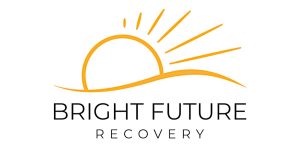Relapse is a relatively common issue among newly-recovered individuals who have completed detox or rehab. A relapse is a return to substance abuse. It typically follows difficulty readjusting to normal life after substance abuse treatment. Addiction can significantly strain a marriage, and spouses of people struggling with addiction must know how to prevent and prepare for relapses.
It is actually a multi-stage process and not simply the physical act of using drugs again; that is the last step of the relapse process. Relapse actually begins on an emotional level. The individual may start experiencing difficult emotions and have trouble remembering the coping techniques learned in rehab.
Once a recovered person starts down the path of emotional relapse, he or she will eventually begin feeling old feelings associated with his or her past addiction. During emotional relapse, feelings of anxiety, depression, anger, and isolation characterize this phase, and these feelings are remarkably similar to the symptoms of post-acute withdrawal. This can easily trigger a craving to start using again. The next phase is mental relapse in which the individual regresses back to old thought patterns and emotional interpretations of events that will eventually lead back to substance abuse.
Some of the signs of mental relapse include:
 Communication is an essential part of any healthy relationship, but it is even more crucial when one spouse has a history of addiction.
Communication is an essential part of any healthy relationship, but it is even more crucial when one spouse has a history of addiction.
Keeping lines of communication open is vital to any marriage, so be sure to let your spouse know that he or she can come to you for help free of judgment.
Addiction is incredibly isolating so make sure your spouse knows he or she can rely on you for support.
Honest communication is vital.
If you suspect your spouse is struggling with the early stages of emotional or mental relapse, start an honest and constructive conversation rather than taking a confrontational approach.
Let your spouse know you are concerned and want to help him or her through this phase. Sometimes minor adjustments in lifestyle can be enough to avert a relapse or help a struggling spouse overcome an acute temptation.
Bright Future Recovery provides alumni programs that encourage recovered individuals to help others through their own recovery journeys. This can be cathartic and a constructive outlet. Ultimately, working with people still coping with addiction can be a powerful deterrent against using again.
If your spouse tells you he or she is strongly considering using again, or just doing it “one more time” for closure, remind him or her that this is not a constructive option and he or she should play out this fantasy logically.
Using once will likely lead to using twice, feeling terrible about the decision, and then using more to cope with the guilt, eventually starting a new cycle of addiction.
When a person hears this kind of interpretation from someone as trusted and close as a spouse, the idea of relapsing becomes less appealing and this can be a starting point for a larger conversation about why he or she feels tempted to relapse.
Remember, a relapse is not a failure of any kind. Addiction is incredibly difficult to overcome, and everyone has unique challenges on the road to recovery. Relapse is simply a sign that something about the individual’s treatment process needs to change before it can truly enable lifelong sobriety.
Your spouse may feel afraid or ashamed that he or she feels like he or she needs to return to rehab, so do your best to be as supportive and constructive as possible so you can move through this challenge and come out of it stronger together.
Dangers Of Relapsing
Once an individual finishes rehab, the recovery journey does not stop there. Recovery requires a consistent commitment to making better choices and avoiding dangerous influences. Married couples have an advantage in that they can rely on one another for support, and rehab can help them overcome the strains on their marriage caused by addiction. However, relapse can potentially cause even greater problems within a marriage. All married couples who experience addiction should know the most common relapse triggers and how to avoid them.Questions? Call Bright Future Recovery Now
(831) 245-1623
Confidential Consultations and Insurance Verification
Most Common Relapse Triggers
Relapse happens for many reasons, but some of the most commonly cited include:- Consistent exposure to bad influences.
- Former friends who still engage in substance abuse, encouraging relapse.
- Stress from work and everyday life.
- Poor self-care after rehab.
- Visiting old haunts and places that remind the individual of his or her time spent in addiction.
- Relationship stress.
- Overconfidence in one’s ability to manage temptation.
Elements Of Relapse
Many people misunderstand relapse.It is actually a multi-stage process and not simply the physical act of using drugs again; that is the last step of the relapse process. Relapse actually begins on an emotional level. The individual may start experiencing difficult emotions and have trouble remembering the coping techniques learned in rehab.
Once a recovered person starts down the path of emotional relapse, he or she will eventually begin feeling old feelings associated with his or her past addiction. During emotional relapse, feelings of anxiety, depression, anger, and isolation characterize this phase, and these feelings are remarkably similar to the symptoms of post-acute withdrawal. This can easily trigger a craving to start using again. The next phase is mental relapse in which the individual regresses back to old thought patterns and emotional interpretations of events that will eventually lead back to substance abuse.
Some of the signs of mental relapse include:
- Romanticizing or glamourizing past addiction-related behaviors.
- Lying.
- Hanging out with old friends who may be bad influences.
- Visiting places where he or she used to use drugs.
- Thinking about relapsing and trying to justify temptation.
Questions? Call Bright Future Recovery Now
(831) 245-1623
Confidential Consultations and Insurance Verification
Developing A Relapse Prevention Plan
 Communication is an essential part of any healthy relationship, but it is even more crucial when one spouse has a history of addiction.
Communication is an essential part of any healthy relationship, but it is even more crucial when one spouse has a history of addiction. Keeping lines of communication open is vital to any marriage, so be sure to let your spouse know that he or she can come to you for help free of judgment.
Addiction is incredibly isolating so make sure your spouse knows he or she can rely on you for support.
Honest communication is vital.
If you suspect your spouse is struggling with the early stages of emotional or mental relapse, start an honest and constructive conversation rather than taking a confrontational approach.
Let your spouse know you are concerned and want to help him or her through this phase. Sometimes minor adjustments in lifestyle can be enough to avert a relapse or help a struggling spouse overcome an acute temptation.
Rehab Options
Rehab is rarely a “one and done” situation. Many people who complete rehab eventually relapse and return for further treatment. Married couples struggling with addiction may want to consider the option of returning to rehab before a relapse happens. Additional counseling, more therapy, and further instruction on healthy coping techniques can be incredibly valuable to a person struggling with the temptation to use drugs again.Questions? Call Bright Future Recovery Now
(831) 245-1623
Confidential Consultations and Insurance Verification
Comprehensive Care
Rehab is not the only option for handling the temptation to relapse. Some people who complete substance abuse recovery find ongoing care and support services helpful.Bright Future Recovery provides alumni programs that encourage recovered individuals to help others through their own recovery journeys. This can be cathartic and a constructive outlet. Ultimately, working with people still coping with addiction can be a powerful deterrent against using again.
Work Together Against Relapse
If you discover your spouse is struggling with the temptation to relapse, take time to help him or her make sense of the situation.If your spouse tells you he or she is strongly considering using again, or just doing it “one more time” for closure, remind him or her that this is not a constructive option and he or she should play out this fantasy logically.
Using once will likely lead to using twice, feeling terrible about the decision, and then using more to cope with the guilt, eventually starting a new cycle of addiction.
When a person hears this kind of interpretation from someone as trusted and close as a spouse, the idea of relapsing becomes less appealing and this can be a starting point for a larger conversation about why he or she feels tempted to relapse.
Remember, a relapse is not a failure of any kind. Addiction is incredibly difficult to overcome, and everyone has unique challenges on the road to recovery. Relapse is simply a sign that something about the individual’s treatment process needs to change before it can truly enable lifelong sobriety.
Your spouse may feel afraid or ashamed that he or she feels like he or she needs to return to rehab, so do your best to be as supportive and constructive as possible so you can move through this challenge and come out of it stronger together.
If you or a loved one are struggling with alcohol or drug use relapse – let’s talk today!
Call Bright Future Recovery Now
Confidential Consultations and Insurance Verification
Detox | Residential Rehab | Relapse Prevention
We accept most insurance – Free Insurance Benefits Check.








